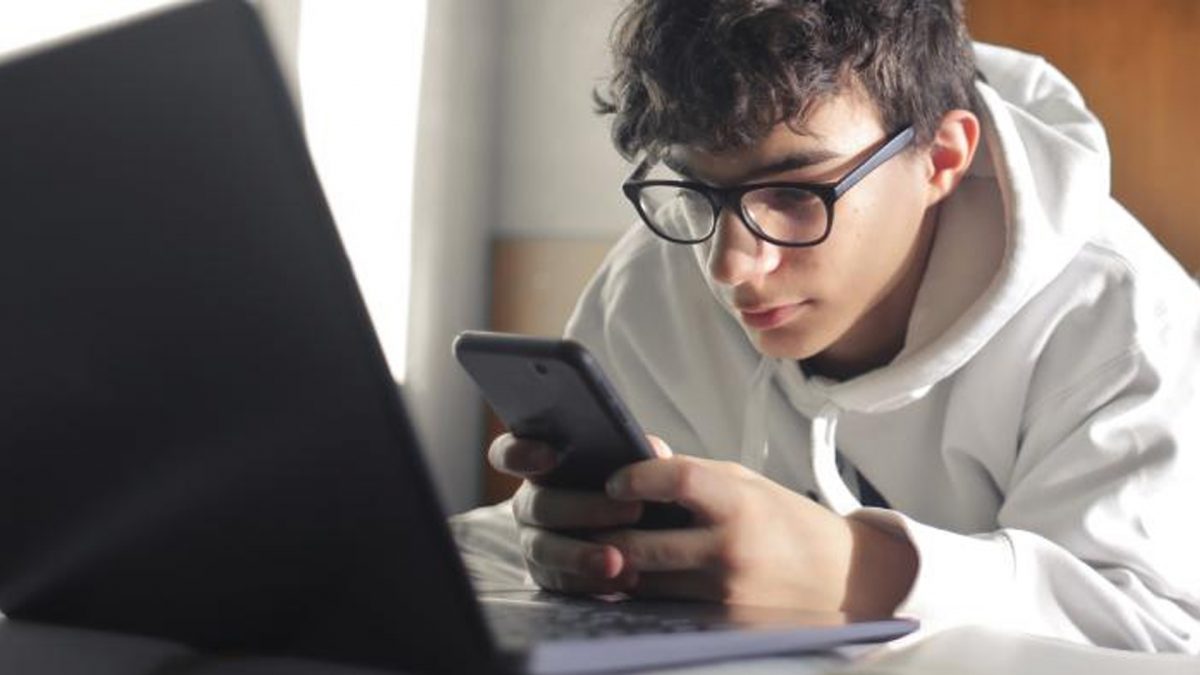A recent report from the Pew Research Center sheds light on the dynamics of teenagers’ relationships with their smartphones and social media, revealing both positive and concerning trends.
According to the survey conducted from September 26 to October 23, 2023, nearly three-quarters of U.S. teens expressed feelings of happiness or peace when they are without their phones. However, despite these positive sentiments, most teens have not taken measures to limit their phone or social media usage.
This report arrives amidst growing concerns among policymakers and children’s advocates regarding the impact of smartphones and social media on teenagers. Last fall, numerous states, including California and New York, filed lawsuits against Meta Platforms Inc., the parent company of Instagram and Facebook, alleging that these platforms knowingly designed features that addict children and contribute to youth mental health issues. In January, the CEOs of major social media companies testified before the Senate Judiciary Committee about the harms their platforms pose to young people.
Despite these concerns, the survey found that most teens believe smartphones facilitate creativity, hobbies, and even academic success. Additionally, the benefits of having a smartphone were deemed to outweigh the drawbacks by most teenagers. Nearly all U.S. teens (95 per cent) have access to a smartphone, highlighting their widespread usage.
Some key findings from the survey include:
Limiting Phone Use: Approximately half (47 per cent) of parents reported setting limits on their teen’s phone usage, while a similar proportion (48 per cent) do not.
Impact Shorts
More ShortsArguments About Phone Use: About 4 in 10 parents and teens (38 per cent each) admitted to sometimes arguing about phone usage. Ten per cent in each group said this happens often, with Hispanic Americans being the most likely to report frequent arguments.
Parental Monitoring: A majority of parents of younger teens (13-14 years old) reported monitoring their teen’s smartphone usage (64 per cent), compared to those with older teens (15-17 years old) (41 per cent).
Effect on Social Skills: 42 per cent of teens said smartphones make learning good social skills harder, while 30 per cent said it makes it easier.
Parental Phone Use: Approximately half of the parents admitted to spending too much time on their phones, with differences noted among income levels and racial groups.
Despite these concerns, the majority of teens believe that smartphones facilitate pursuing hobbies, being creative, and even performing well in school.
The poll surveyed 1,453 pairs of teens with one parent and has a margin of error of plus or minus 3.2 percentage points.
(With inputs from agencies)


)

)
)
)
)
)
)
)
)



